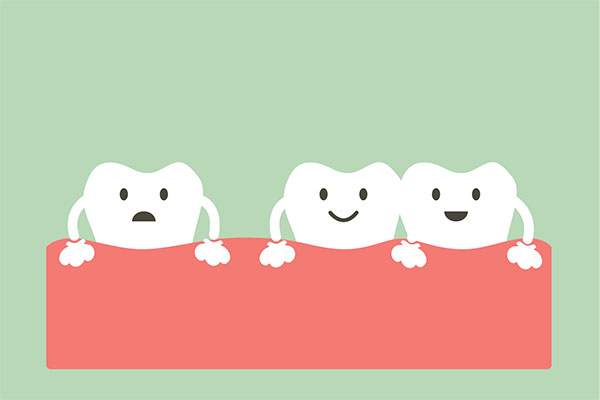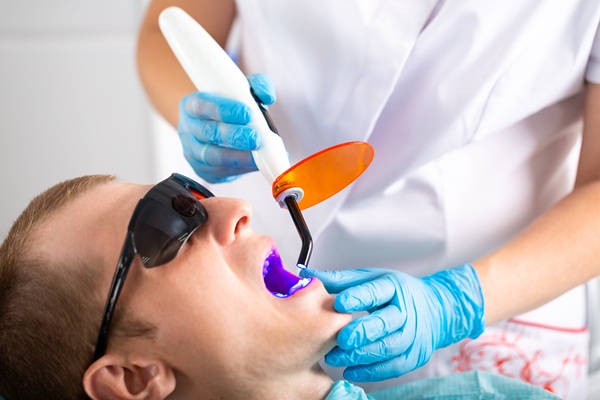How Full Mouth Reconstruction Can Rebuild and Restore Your Smile Quickly

A full mouth reconstruction is a holistic approach that improves your oral health. It cuts across to all patients. Those who are missing their teeth and those who want to restore their smiles. Your dentist will have a sit down with you if you are thinking of undergoing this operation. The dentist will treat you slightly differently from the other patients. Your needs will be different from other patients when it comes to full mouth reconstruction.
An overview of what happens at a full mouth reconstruction
A full mouth reconstruction involves a dentist performing several procedures in a patient’s mouth. The reconstruction is done to give the patient an improved look and a functional mouth. These procedures include dental implants, dentures, crowns, bridges, and porcelain veneers. The reconstruction combines the science of restoration and esthetics to improve the function and health of the mouth. Also, this reconstruction maintains the patient’s gums.
Dental implants
This is perhaps the most effective and permanent method for a full mouth reconstruction. Dental implants restore a significant amount of functionality in the mouth. The dentist places a titanium “root” in the jawbone and tooth-looking crowns over the implants. Dental implants restore functionality, too, because of the use of titanium rods in the jawbone. Dental implants improve the patient’s appearance and offer a restored smile because they look like natural teeth.
Crowns
A dental crown is a small cap that covers a tooth that has cracks or discoloration. The crown is kept there to protect the tooth and preserve what is left. They can be made out of a wide range of materials. Because of this feature, dentists create crowns that match the look of a patient’s teeth so that they blend right in.
Dental crowns envelop the entire tooth right down to where the tooth meets the gumline. Therefore, crowns correct many imperfections. For example, crowns can fix crooked teeth, fractured teeth, or discolored teeth. This improves the appearance and a restored smile quickly.
Bridges
Patients with gaps of missing teeth may not carry themselves with high regard when it comes to smiling. But dental bridges can get the job done in filling these gaps. Dental bridges are two or more crowns that fill the gap left by missing teeth. Dental bridges are bonded to the surrounding teeth to provide support and keep it in place. Bridges restore the facial appearance and help maintain a healthy smile.
Porcelain veneers
The size, color, and shape of the teeth are some of the factors considered for a great smile. So, if a patient’s teeth still have not met the criteria in these factors, their smile is not considered great. But there is no reason to worry because porcelain veneers get the job done. Dentists use them to cover discolored teeth and correct the appearance of teeth bringing back the shine of a smile.
Benefits of full mouth reconstruction
This collection of treatments is a permanent solution to gum and teeth problems. The procedures that one gets depend on the individual’s situation. The dentist will perform tests to see which of them will apply to the specific patient. Once a person gets the treatments, the following benefits will be evident:
- It strengthens dentition. Full mouth reconstruction can enhance one’s dental structure. It can help the gums and jawbones become more stable. The treatments can prevent tooth loss.
- It resolves dental problems. A person’s severe dental issues can improve because of full mouth reconstruction. Treating these problems can correct the appearance and function of teeth and gums. The pain and embarrassment will go away.
- It improves the quality of life. This procedure can make eating, smiling, speaking, and drinking comfortable again. The individual can enjoy daily activities again. Having full mouth reconstruction can keep gum disease from worsening. It can reduce one’s risk of developing different health conditions, such as high blood pressure and diabetes.
- It refreshes the smile. The treatments can make an individual look younger. It can also give one a healthy appearance. This can lead to a higher level of self-esteem.
How long will it take to recover from a full mouth reconstruction?
Talk to your dentist about the most convenient method for you before undergoing the treatment. Full mouth reconstruction patients take at least two days to recover. After you undergo this treatment, your dentist will provide you with specific instructions to follow. This allows quick healing and reduces excessive pain.
Are you considering full mouth reconstruction in the Dallas area? Get more information at https://drdavidbrumbaugh.com or give us a call at (214) 306-4402.
Check out what others are saying about our dental services on Yelp: Full Mouth Reconstruction in Dallas, TX.
Related Posts
A cosmetic dentist can close gaps between teeth. Medically termed "diastema," a gap between teeth most likely affects the two upper front teeth. However, some people are perfectly happy with the gaps in their smiles. Certain celebrities even consider it part of their signature look. Some gaps are significant, while others are barely noticeable. Either…
Scheduling an appointment with a cosmetic dentist helps you get closer to receiving your dream smile. Cosmetic dentists offer various services to address everything you do not like about your teeth. Whether one tooth is causing the problem or all of them, they have what you need.A cosmetic dentist can brighten anyone's natural teeth up…
A cosmetic dentist can repair your cracked tooth. This dental damage can result from an injury or accident. Correcting the situation is possible with the right treatment. Here are the details on how your cosmetic dentist can treat your cracked tooth.These thin shells cover the front side of the teeth. The cosmetic dentist can use…
A cosmetic dentist is the best type of professional to utilize when preparing to undergo a smile makeover, a process in which various dental procedures are performed to transform and improve one's smile. Multiple procedures can be part of the smile makeover process, but many patients may not know what those might be. Since dentistry…


